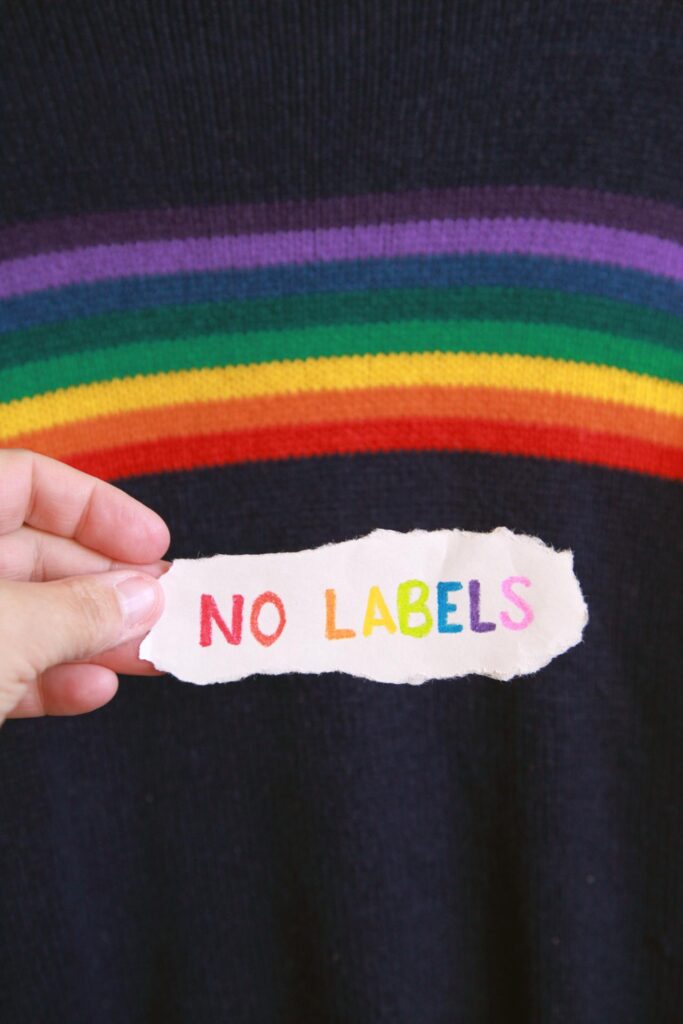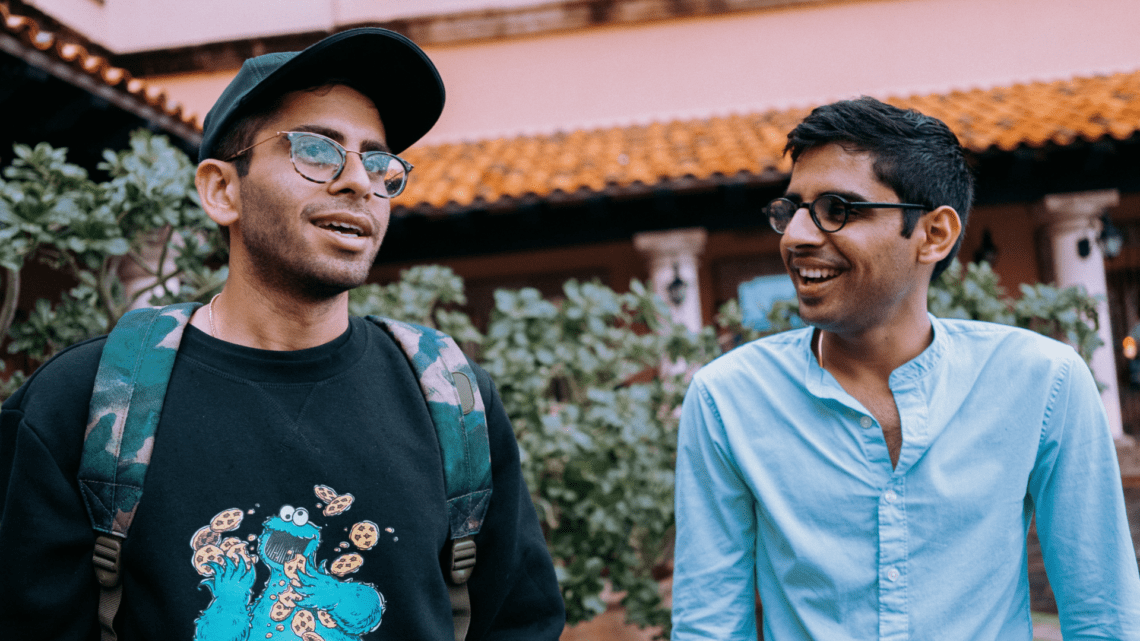Do you know how 6 September 2018 will be a day of celebration? On that very day, the Supreme Court of India delivered a verdict. By decriminalizing homosexuality by partially striking section 377, a 160-year-old law with new LGBT Rights in India came in. Though homosexuality was already present in ancient India, people consider as a disorder. During the British colonization, the homosexuality rate rose, and it was ‘against the order of nature,’ and in 1861, IPC section 377 was introduced.
The History of LGBT Rights in India
Initially, it was a habit to decriminalize in 2009, and in 2013 homosexuality became a crime again. However, be it legal or not, homosexuality is not entirely acceptable in many families. Especially for people living in rural villages, this legalization did not bring any changes in rural India.
LGBT Rights and Prejudice
In ancient times, India had its theories on homosexuality. Earlier, Tamil Sangam literature, from 3 BC to 4 ADS, had theories based on gay relationships and relationships between transgender people. In 1861, during the British colonization, a law was drafted by Lord Thomas Babington Macaulay, a section 377 of IPC. According to the law, the judiciary had the right to punish the LGBT community for 10 years in jail with a fine. Even during the Indian independence LGBT community often faced challenges under section 377. In 2009, the Delhi High Court struck off section 377 and considered it unconstitutional. They decriminalized homosexuality for the first time in Indian history. 2009 was a victory year for LGBT rights.

However, the 2009 verdict brought tensions among various anti-gay rights groups. This is on religious, political, and social grounds. They feared that LGBT rights would adversely affect the institution of marriage. Furthermore, in 2013, the Supreme Court altered the Delhi High Court’s decision to decriminalize homosexuality. It stated that ‘it was up to the Centre to legislate on the issue.’ Hence, the verdict led to massive protests in the country. Parties like the Indian National Congress, the Communist Party, and the Aam Aadmi Party took the verdict as part of their election campaign manifesto.
A Day to Remember
Let’s now dive into 2018; a five-judge Supreme Court bench read the historic verdict decriminalizing section 377. In the verdict, Chief Justice Dipak Misra stated that ‘social exclusion, identity seclusion, and isolation from the social mainstream are still the stark realities individuals face today. Only when every individual can try to liberate from the shackles of such bondage people are free. They can work towards a full development of their personality. This is when can we call ourselves a truly free society.’ The striking of archaic law brought peace and happiness to the country. However, even today, the LGBT community faces a lot of prejudices and trauma, especially in rural India.


